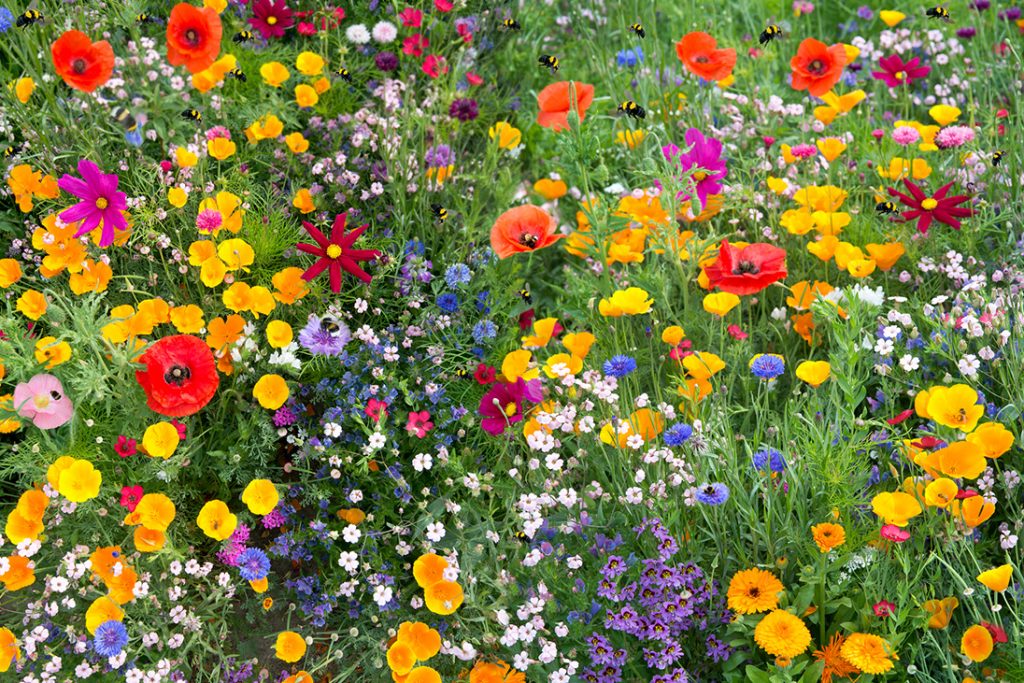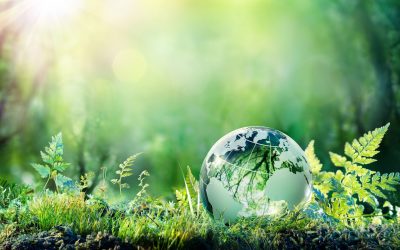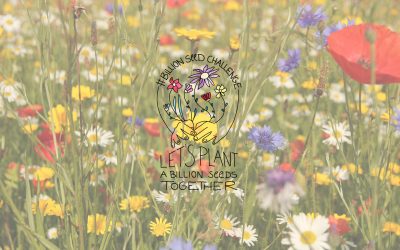To survive, humanity needs to be able to live sustainably on the Earth. We are, however, in a planetary emergency. We are destroying the oceans, driving species to extinction and dangerously heating the planet. So the questions we have to ask ourselves are:
- What is enough to live sustainably?
- Is that consistent with human well-being?
- How do we get to this sustainable future?
- What myths and stories do we need for this new age?
Listen to this article
The ‘Happy Planet Index’ from the New Economics Foundation measures of life expectancy, life satisfaction and the ecological footprint of 143 countries.
Costa Rica with a Gross Domestic Product purchasing power per head of $20,297 (in 2019) came top, with a Happy Planet Index of 62.1 (in 2019), while the UK at $46,703 (in 2019) came 14th at 56.0 (in 2019).
On average, the UK has only 53 % of its natural biodiversity having lost 60% of its insect population.”
Nitya Rao Director of Norwich Institute for Sustainable Development and Hayley Pinto psychiatrist and spokesperson for Greenpeace spoke on these themes at the conference.
Change is required at a systems level so that the choices we face make us choose more sustainable outcomes. This is done through both regulation and pricing.
For example: charge a carbon tax for emitting CO2; require companies to enable their products to be repaired by supplying spare parts for say 10 years.
Crucially we also need to tackle biodiversity and the degradation of our soil both essential for food production.
On average, the UK has only 53 % of its natural biodiversity having lost 60% of its insect population. Insects are needed to pollinate plants, are part of the food chain and help to create soil.


“Crucially we also need to tackle biodiversity and the degradation of our soil both essential for food production.”
Connor Bryant an, entrepreneur specialising in eliminating waste through continuous recycling, looked at how we must now move forward.
He pointed out how heavy machines churn and impact the soil. Drenching soil in chemicals improves yields, but in the long term diminishes fertility, ultimately cutting the ground away from beneath our own feet.
Jonathon Porritt, the environmental campaigner and author, talked about the way we use our imagination has a profound effect on how we interact with the natural environment.
To date much of humanity has seen itself as apart from nature and needing to dominate it. In our quest for consumption, we ignored the cost this had on the natural environment as though the environment were a free resource.
Exploiting it without concern that its loss would ultimately be detrimental to all life.
Is it only a matter of time until a tipping point is reached when the minority who see the Earth as a living organism, whose animal, vegetable and mineral elements are all intimately connected and interdependent, become the majority.


























































